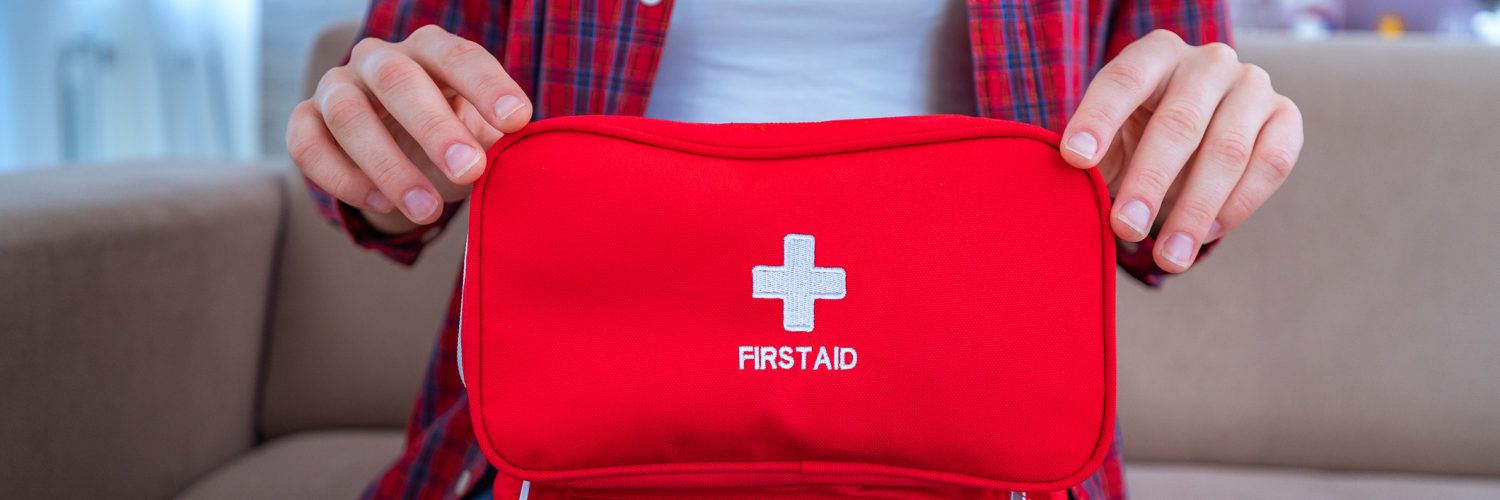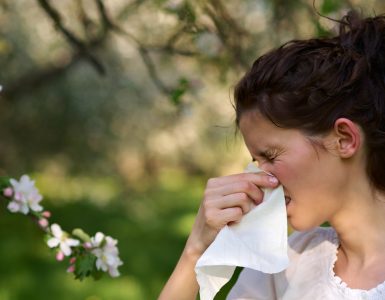As the warm weather approaches, it’s important to be prepared for the potential accidents and injuries that can occur during the summer months. Whether you’re enjoying outdoor activities, spending time at the beach, or simply relaxing in your backyard, knowing basic first aid can make a significant difference. Here are some essential first aid tips to keep in mind this summer:
Sunburn prevention and treatment
To prevent sunburn, apply a broad-spectrum sunscreen with an SPF of at least 30 about 15 minutes before going outside. Reapply it every two hours, or more frequently if swimming or sweating. If you do get sunburned, aloe vera gel can provide relief and help soothe the skin. Seek medical attention if the sunburn is severe or accompanied by fever, chills, or extreme pain.
Insect bites and stings
Insect bites and stings are common during the summer months. Wear insect repellent to avoid bug bites and stings. If bitten, wash the area with soap and water, then apply ice to reduce swelling. Seek medical care right away if you experience severe swelling, difficulty breathing, or other concerning symptoms.
Cuts and scrapes
Minor cuts and scrapes are also common during the summer. To treat these injuries, first clean the area with soap and water, then apply an antibiotic ointment and cover with a bandage. Monitor for signs of infection, such as redness, swelling, or pus, and seek medical attention if necessary. Keep a first aid kit on hand to ensure you have the items you need to clean and cover cuts and scrapes. You can buy a pre-assembled kit from many stores or put your own together. Learn what you need to make your own.
Heat-related illnesses
Spending too much time in the hot summer sun can lead to heat-related illnesses, such as heat exhaustion and heat stroke. To avoid getting sick from the heat, drink lots of water and take breaks in the shade or air conditioning. Wearing loose, light-colored clothing can also help prevent heat exhaustion and heat stroke. Confusion, slurred speech, or unconsciousness are signs of heat stroke. If someone has these symptoms, call 911 immediately and cool the person with ice or cold water until help arrives.
By being prepared and knowing how to respond to common summer-related health issues, you can help ensure that your summer is safe and enjoyable.



